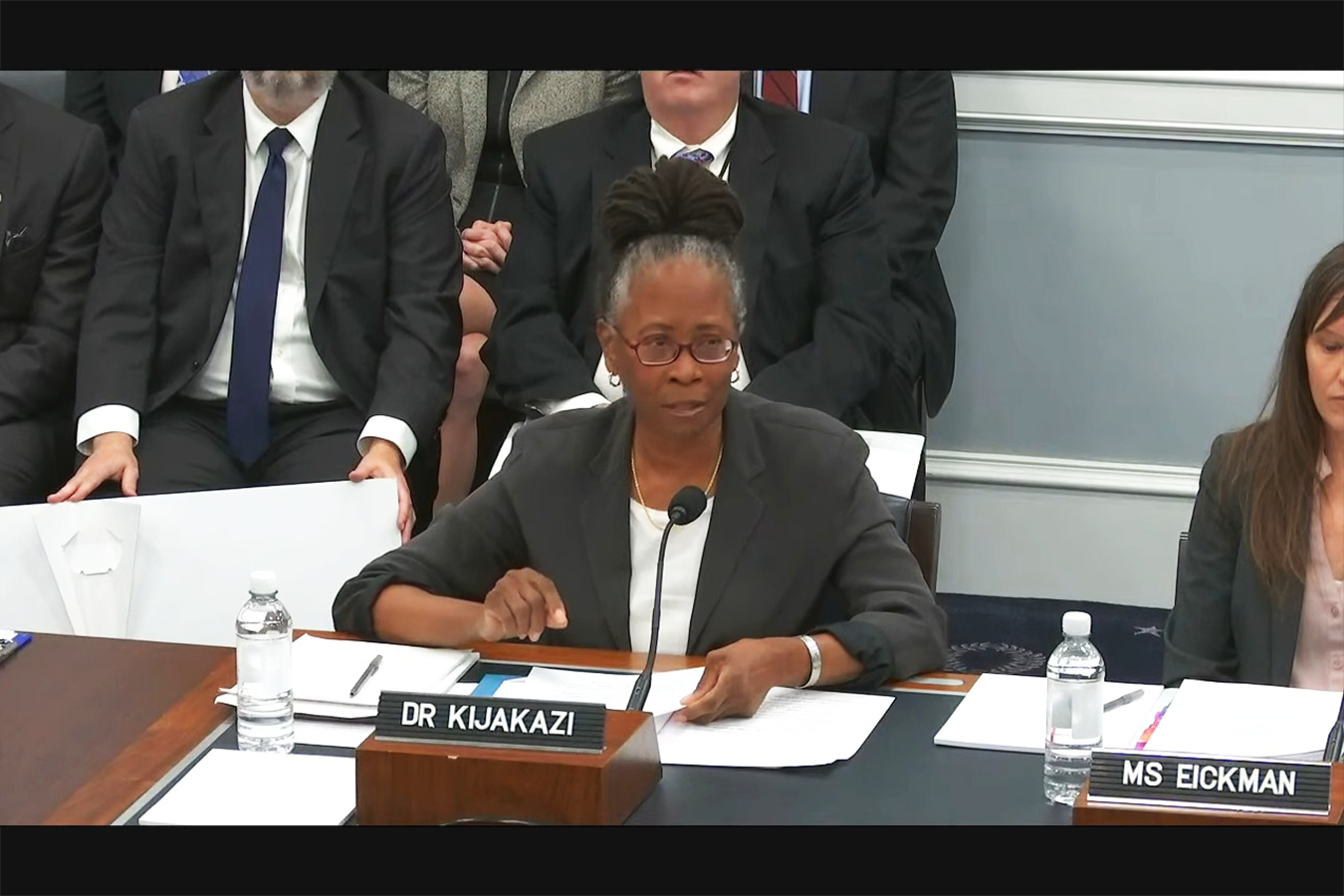:max_bytes(150000):strip_icc()/Can-Strength-Training-Help-Reduce-Cardiovascular-Disease-Risk-236f4af97bce4c2cb68f44987770d07b.jpg)
New Research Unveils Age-Dependent BMI Guidelines for Type 2 Diabetes Patients to Mitigate Heart Disease Risk
Recent findings challenge the notion of a universal, healthy BMI range for individuals grappling with type 2 diabetes. Presented at this year’s European Congress on Obesity (ECO) in Venice, Italy (12-15 May), the research suggests that the optimal BMI for reducing the risk of cardiovascular mortality in these patients may vary with age. Although yet to be published, these insights shed light on the complexity of managing cardiovascular health in individuals with type 2 diabetes.
Researchers delved into the BMI thresholds associated with the lowest risk of death from cardiovascular disease, encompassing heart failure, stroke, and metabolic syndrome complications, among individuals with type 2 diabetes. Surprisingly, they observed a nuanced relationship between BMI and age, yielding divergent optimal BMI ranges.
For middle-aged adults, 65 years and younger, maintaining a BMI within the range of 23-25, categorized as “normal,” appeared to confer the lowest risk of cardiovascular mortality. Conversely, for individuals aged 65 and above, the optimal BMI shifted to 26-28, corresponding to the “overweight” range.
Lead researcher Shaoyong Xu, MD, from the Department of Endocrinology at Xiangyang Central Hospital, Affiliated Hospital of Hubei University of Arts and Science, emphasized the significance of these findings in navigating the cardiovascular health landscape for individuals with diabetes. The study underscores the imperative of tailoring risk assessment and management strategies to individual characteristics rather than adopting a uniform approach.
Drawing from data sourced from the UK Biobank, which encompasses genetic, lifestyle, and health information for approximately half a million UK residents, the study enrolled nearly 23,000 participants with baseline type 2 diabetes. Notably, the research revealed contrasting outcomes based on age and BMI status. Middle-aged adults categorized as “overweight” experienced a 13% increased risk of cardiovascular mortality, whereas their elderly counterparts saw a 28% reduction in risk compared to those within the “normal” BMI range.
Despite these insights, experts caution against extrapolating definitive conclusions from the study. While acknowledging the importance of individualized care, they advocate for a comprehensive approach to risk assessment, considering factors beyond BMI alone. The discourse surrounding BMI, obesity, and health outcomes remains multifaceted, encompassing controversies and ongoing debates within the scientific community.
The study’s nuanced findings underscore the imperative of personalized healthcare approaches, challenging conventional paradigms and emphasizing the need for tailored interventions to optimize cardiovascular health outcomes in individuals with type 2 diabetes.





